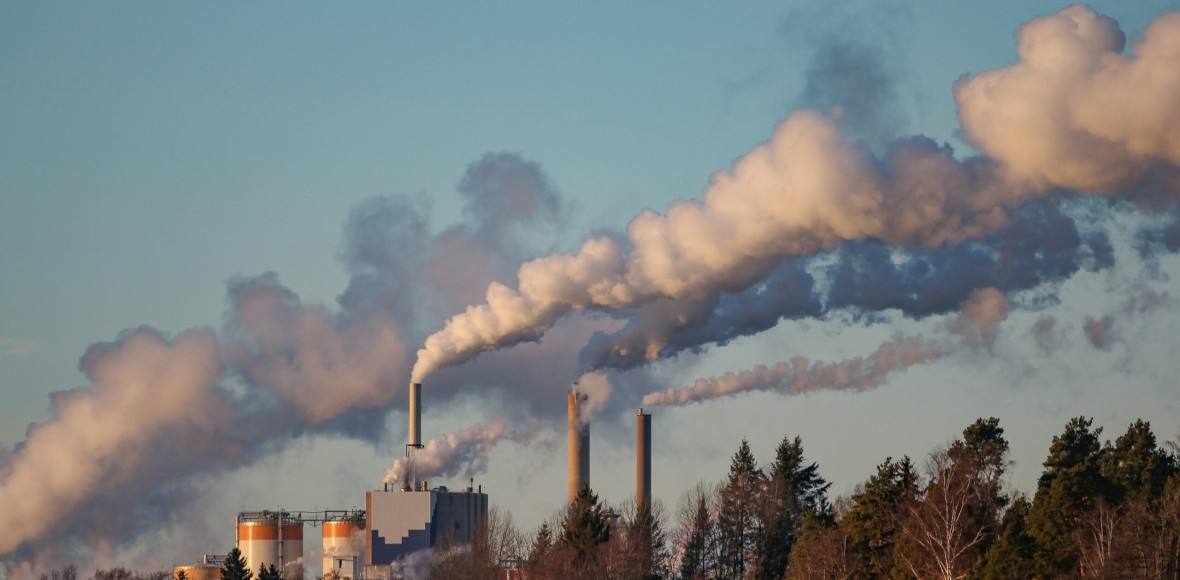
Overtime, African countries have shifted from the creation of goods by hand into the manufacturing of goods and processing of substances using machines, what is often referred to as the Industrial revolution. We live in a dynamic world where scientists and researchers burn the midnight oil in a bid to make life easier through technological advancement.
Contrary to this, the effects of such developments are harshly experienced by communities living in the marginalised African countries. The adverse effects include climate change that is caused by the harmful fumes and substances released into the atmosphere by the factories. Children are mostly affected without knowing the immediate and future repercussions posed in their lives.
African children are struggling to breathe with lives of young promising angels lost owing to acute respiratory illnesses such as Bronchitis, Pneumonia and Asthma. Children are mostly affected in comparison to adults because they have a weak immune system that makes them susceptible to contracting viruses and bacterial infections easily.
Air pollution not only occurs outdoors but also indoors. For instance, cooking in the house with the use of firewood and charcoal has high emissions of carbon monoxide. These harmful substances penetrated the bloodstream through the lungs resulting into respiratory diseases that are costly to treat and fatal at some point. For a long time, affected communities have raised concerns over the risks their children and families are being exposed to but little to no action has been taken to mitigate the situation. According to UNICEF, “Air pollution accounts for 20% of new-born deaths worldwide, most related to complications of low birth weight and preterm birth.”
Respiratory illnesses have not only caused loss of lives for children in various African countries but also negatively impacted their studies. Children admitted in hospitals miss out on school activities resulting in a drop in their academic performance as some are unable to catch up. Some children die at the tender age because of the inaccessibility of health facilities where they can be treated. A few years ago, an expose was done by one of the media houses in Kenya on how environmental pollution from a sugarcane processing factory in Kenya almost rendered school going children and the community at large blind due to the emissions that impure the air.
Nevertheless, environmental pollution, majorly air pollution, is a global phenomenon that requires the attention of families, local authorities, communities and the government. Despite the fact that air pollution affects both adults and children, the latter are the most vulnerable. Just like an apple a day keeps the doctor away, frequent positive action on the environment reduces the risk of exposure to a polluted atmosphere. The COP28 summit in Dubai, United Arab Emirates is a collective action by countries represented in combating the adverse effects of climate change witnessed globally.
With most African countries including the Democratic Republic of Congo, Mozambique, Niger, Tunisia and Kenya not forgetting many others having shown immeasurable commitment levels to climate action, I hope positive action is going to be embraced in envisioning the Sustainable Development Goals according to the United Nations.(G 13. Climate Action and G19.Industries,Innovation & Infrastructure)
By Arnold Fedha.

Leave a Reply